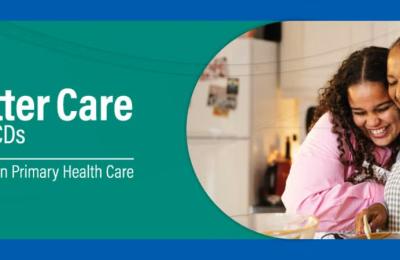Evaluation of the Filaria DetectTM IgG4 kit employing recombinant Wb123 antigen for diagnosis of lymphatic filariasis in Brazil
The Global Programme to Eliminate Lymphatic Filariasis, launched by the World Health Organization in the year 2000, proposes the use of circulating filarial antigen tests as a diagnostic tool to assess and monitor initiatives to control filarial infection. However, despite a high sensitivity, these tests are not efficient to detect infection at early stages, before worms have reached the adult stage.












